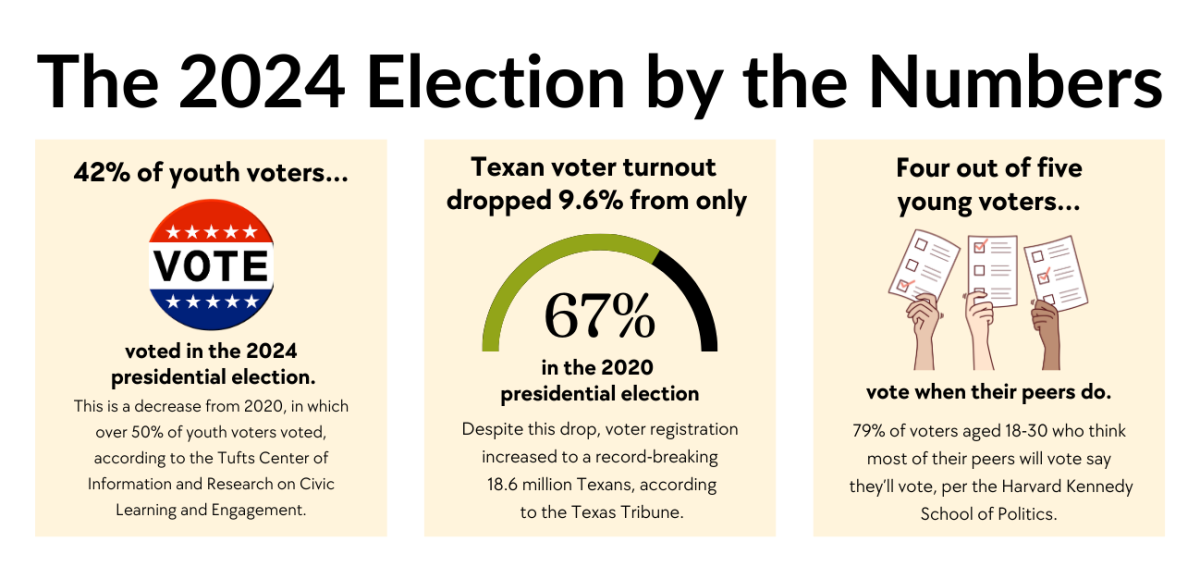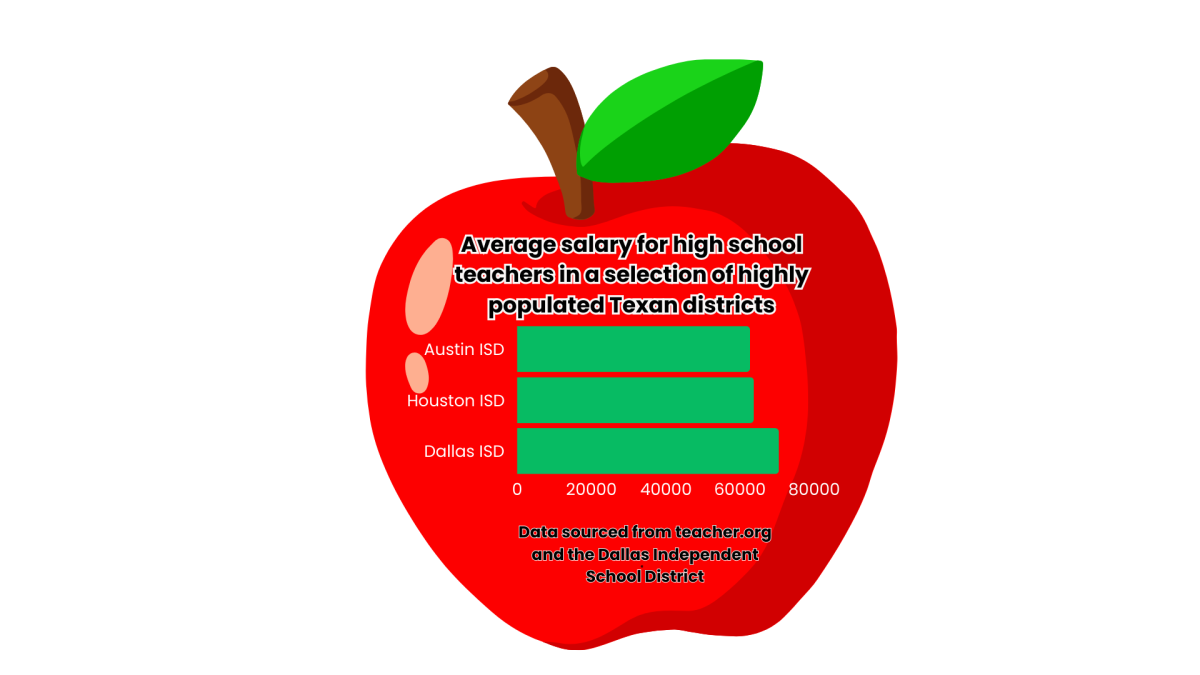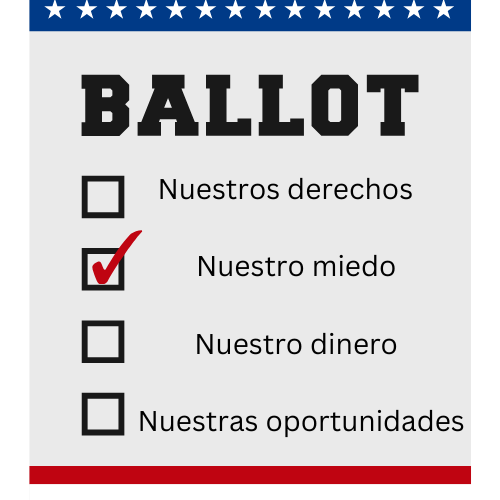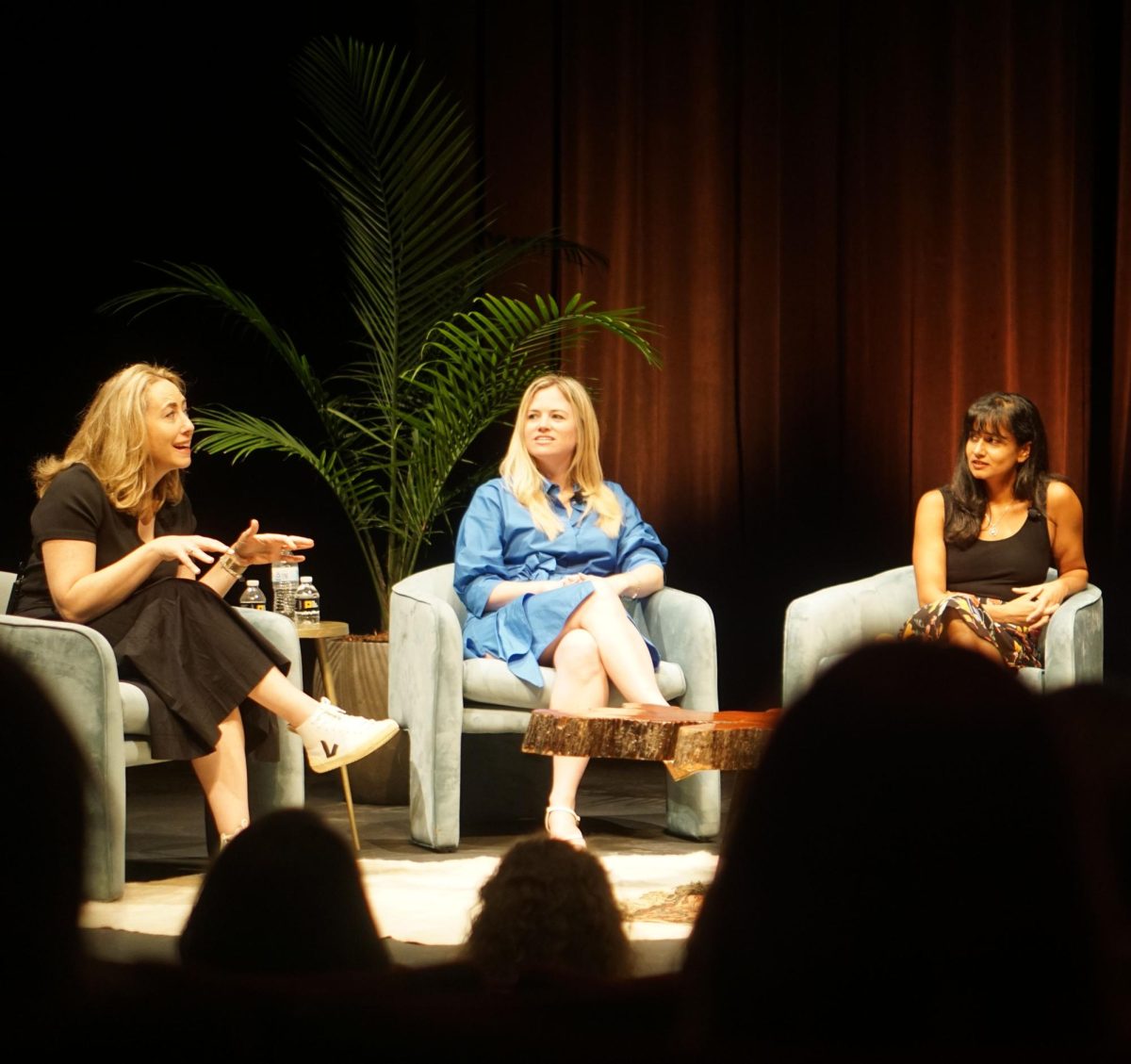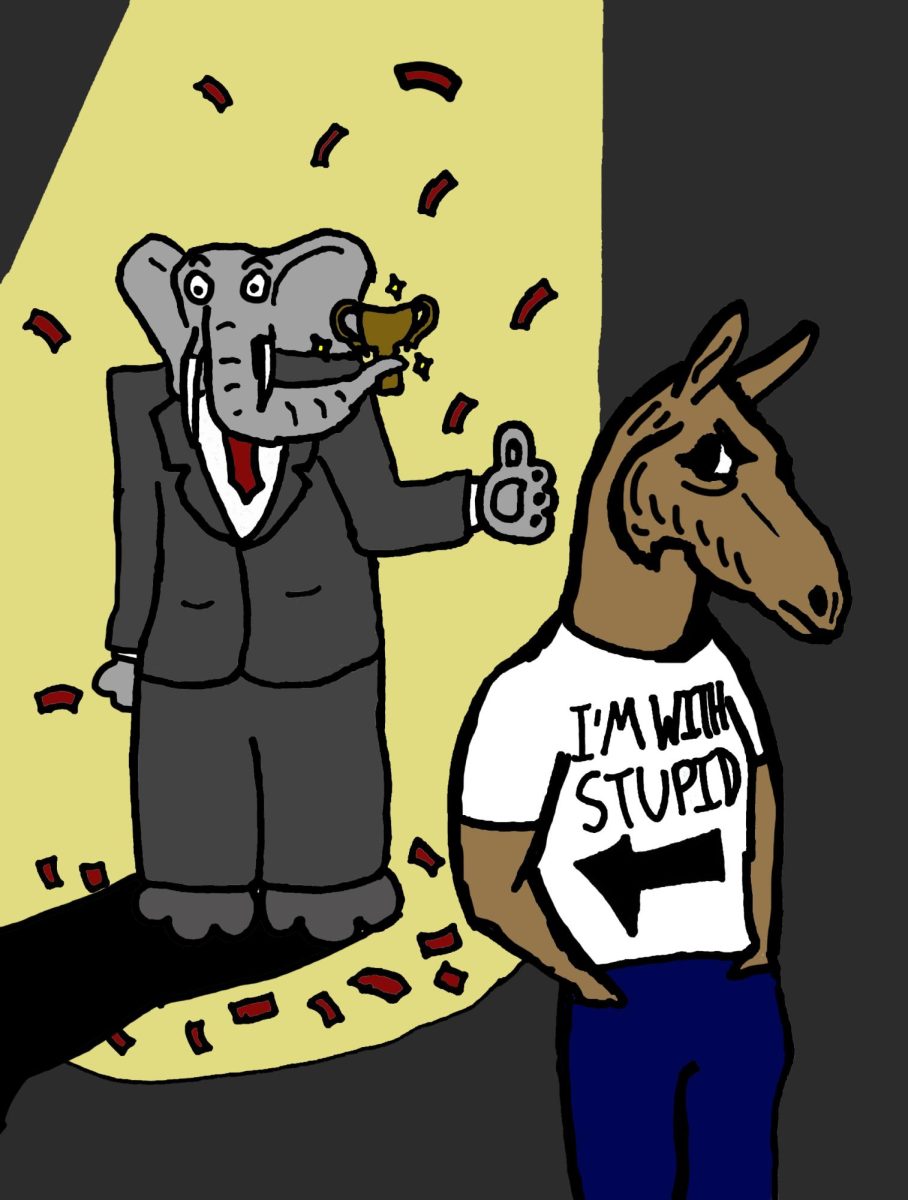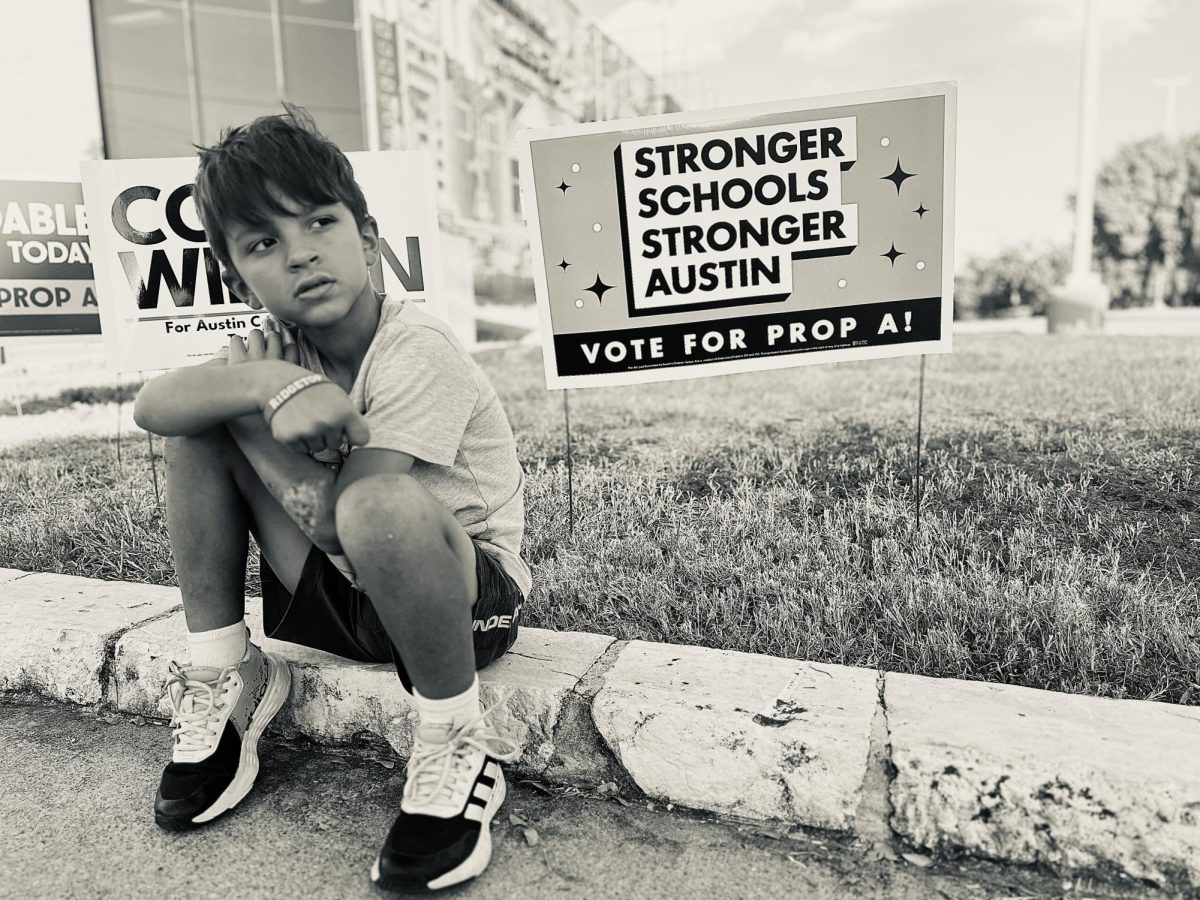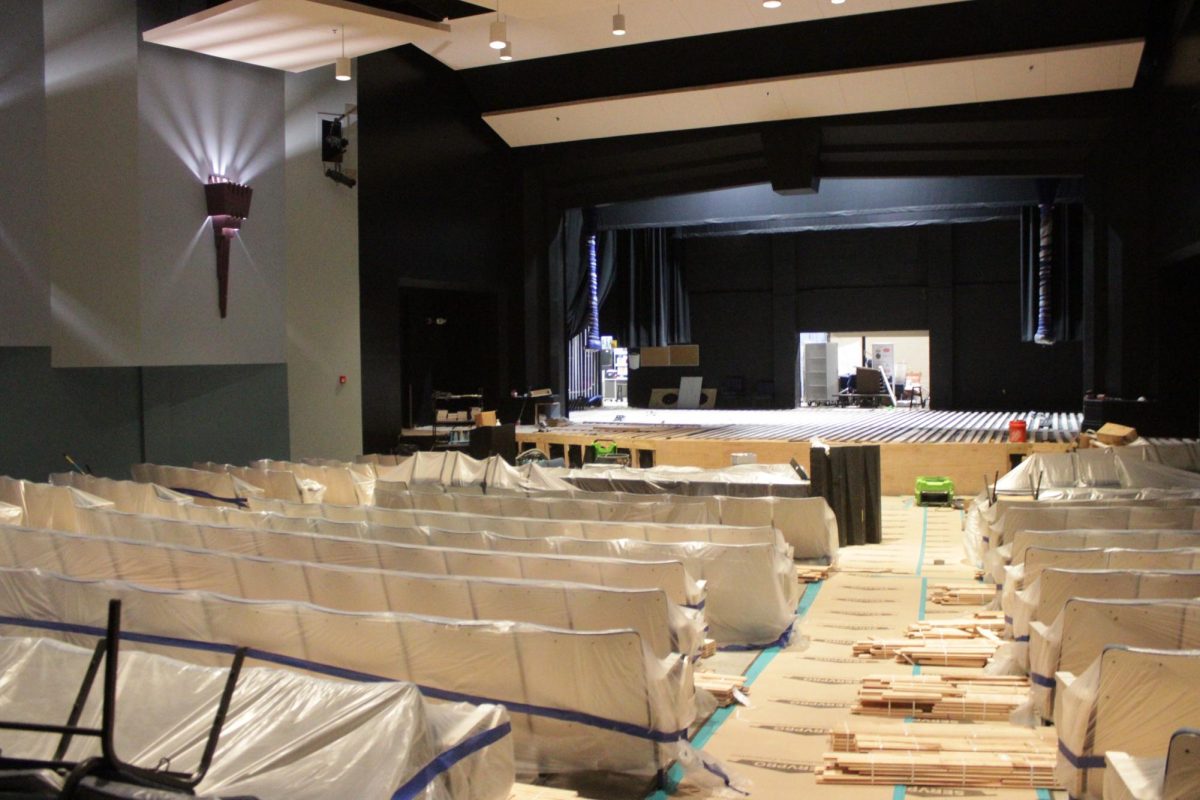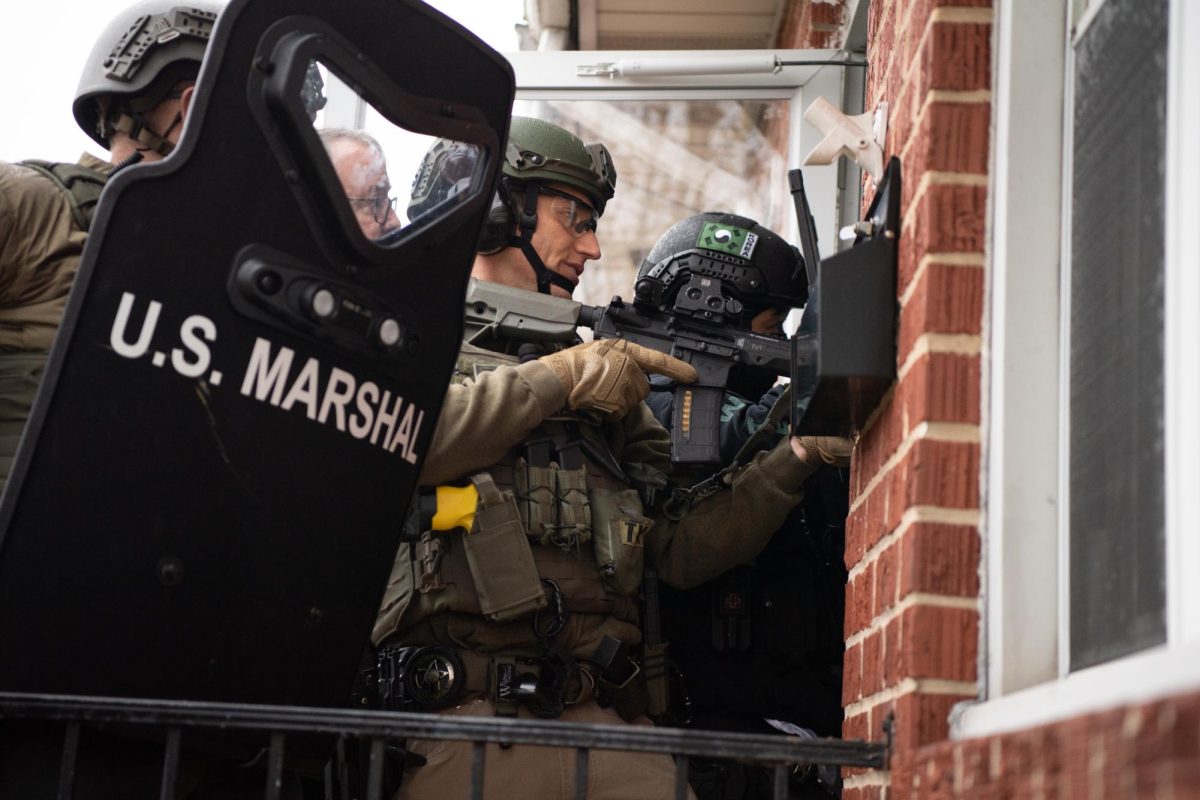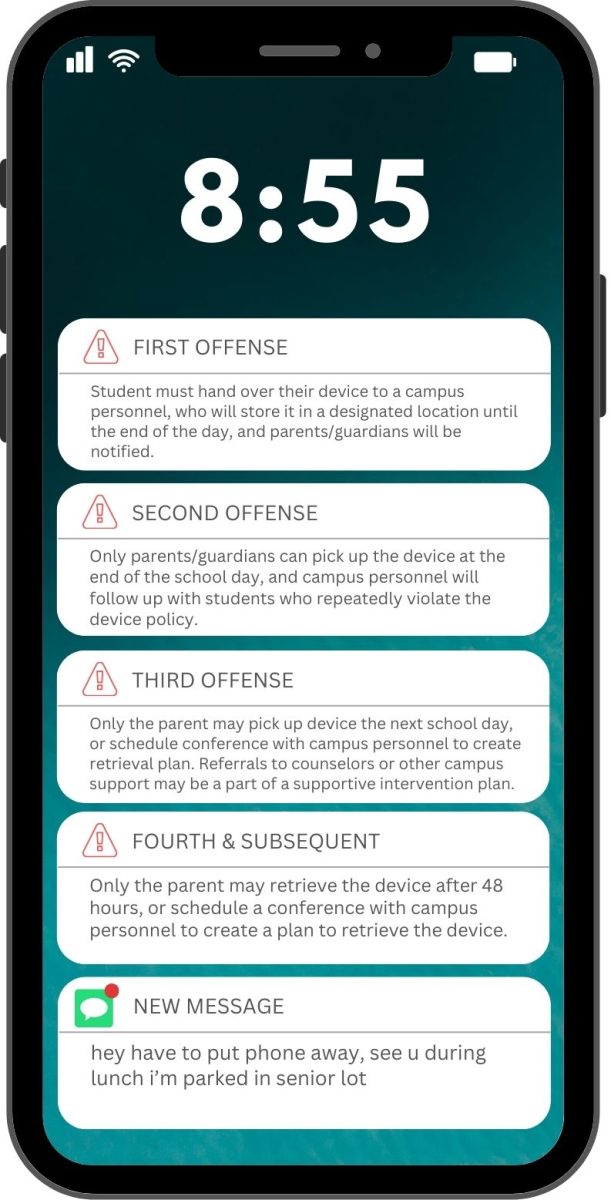According to Tufts University, an estimated 50% of youth voters (age 18-30) turned out for the 2020 presidential election. While this is an 11-point increase from previous years, it still means that half of eligible young voters sat out the 2020 election. The 2024 presidential election brought an even lower voter turnout among youths, with an 8% decrease from four years prior leaving the youth ballots casted at 42%.
Part of the low voter turnout rate, according to the American Psychological Association, can be explained by the widespread culture of fear around hot button issues and certain candidates that don’t line with the political leanings of voters.
Austin Pain, who voted in the Nov. 5 election, said the current political climate poses a problem. Pain debates how to go about promoting civic engagement while remaining civil to both sides of the political aisle.
“It’s really important for teens to engage in respectful and constructive conversations about politics,” Pain said. “[It’s] even more important for us to engage in political processes themselves by voting, once we’re old enough to do so.”
Pain urged his peers to see the pivotal role young people play in the demographics that influence political and social change.
“Whether through direct participation in boards that create policies or through voting for representatives, [we have to] advocate for the things that matter most to us,” Pain said.
One of the ways in which Pain feels student voters are supported is through the inclusion of government class as a graduation requirement.
The course lasts a single semester for seniors and provides a framework for which to view contemporary politics through historic Supreme Court cases, amendments, and the foundation of American politics.
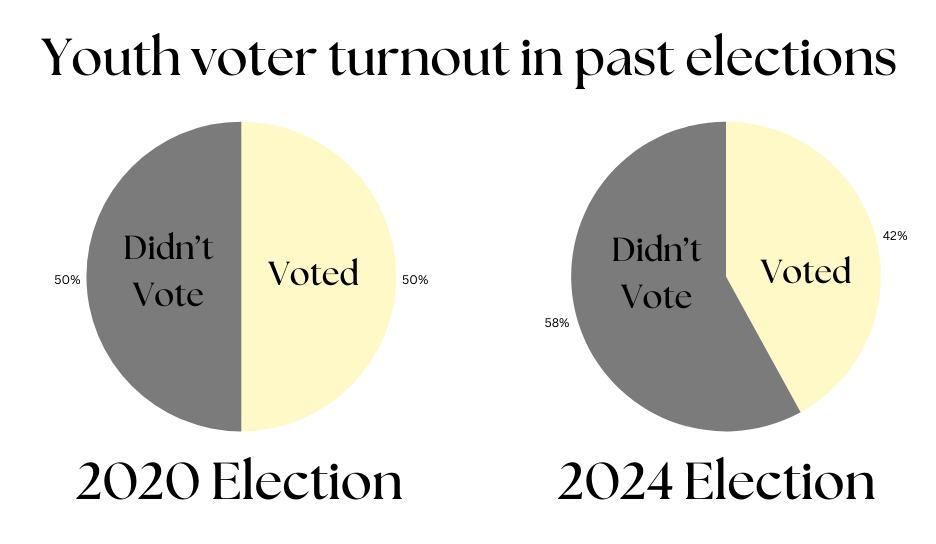
“Government class with Ms. Summerville encourages a really constructive environment for student discussion and argumentation,” Pain said. “The class encourages us to think critically about what does and does not matter to us, how important it is that we understand the ins and outs of our political processes, how important it is that we encourage our friends and family to do the same and how important it is for us to be armed with the knowledge to leverage the systems that have been set in place.”
Principal Andy Baxa agrees that education is critical in informing youth voters and encouraging them to vote. As a former economics teacher, Baxa said past political contexts influenced his perspective as a teacher.
“I used to incorporate discussion of the economic policies of various candidates and relate them to topics we were learning about in class,” Baxa said.
Baxa emphasized the importance of the role of educators in helping students become motivated and informed voters.
“We have to help kids be willing to do the research and find what they need to make an informed decision,” Baxa said. “Twenty to 30 years ago, students were pretty much lockstep with their parents, but now, McCallum students tend to be extremely passionate about issues that matter to them, but not necessarily every issue. My one challenge for McCallum students is to educate yourselves about topics that don’t necessarily interest you.”
Government teacher Joe Carcione agreed with both Pain and Baxa, and especially prioritized student knowledge of the electoral process.
“Remember that if there’s a dispute over the election results, it could be thrown to the House of Representatives,” Carcione said. “In that scenario, each state has one vote for President. However, that’s only happened a couple of times in our history.”
Comparing the recent downturn in youth voter turnout, and increase in McCallum students turning 18, Pain stressed the importance of serving his civil duty as a voter.
“Our perspectives are very valuable,” Pain said. “While I don’t by any means think that young people are the only ones that should be involved in the establishing of policies, I feel like it’s crucial that we do our part collectively to represent our demographic’s interests and concerns in the rooms where decisions are made.”


